Sex
Recent articles
Talking shop: The Transmitter’s top quotes of 2025
Find out what “may be one of the brain’s most underappreciated superpowers” and why it’s so crucial to “talk about our research in our everyday lives.”
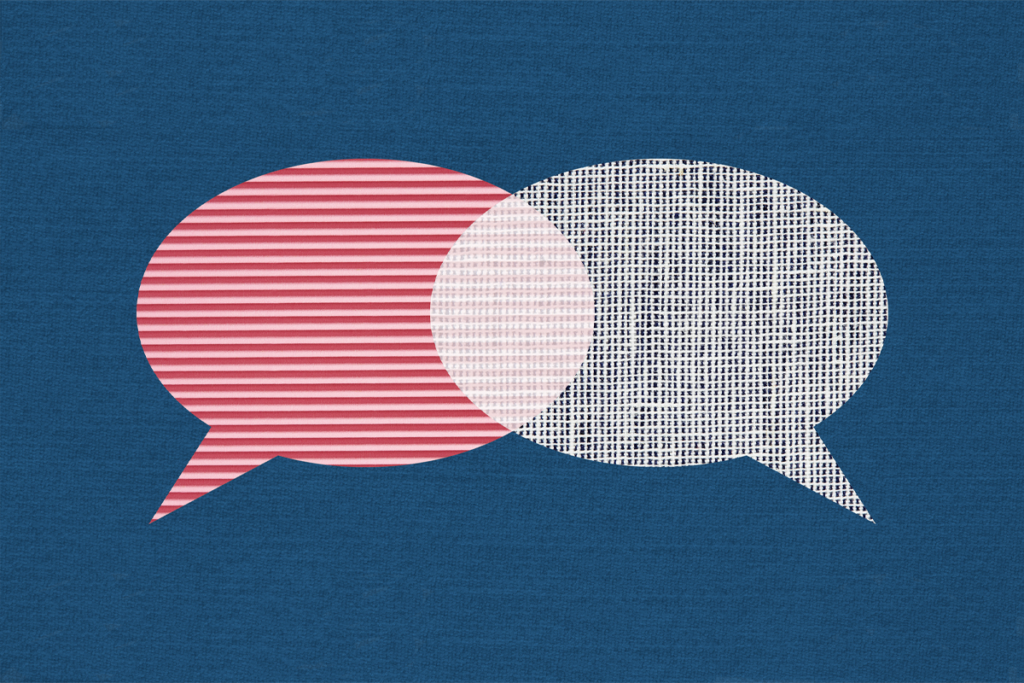
Talking shop: The Transmitter’s top quotes of 2025
Find out what “may be one of the brain’s most underappreciated superpowers” and why it’s so crucial to “talk about our research in our everyday lives.”
Gene-activity map of developing brain reveals new clues about autism’s sex bias
Boys and girls may be vulnerable to different genetic changes, which could help explain why the condition is more common in boys despite linked variants appearing more often in girls.
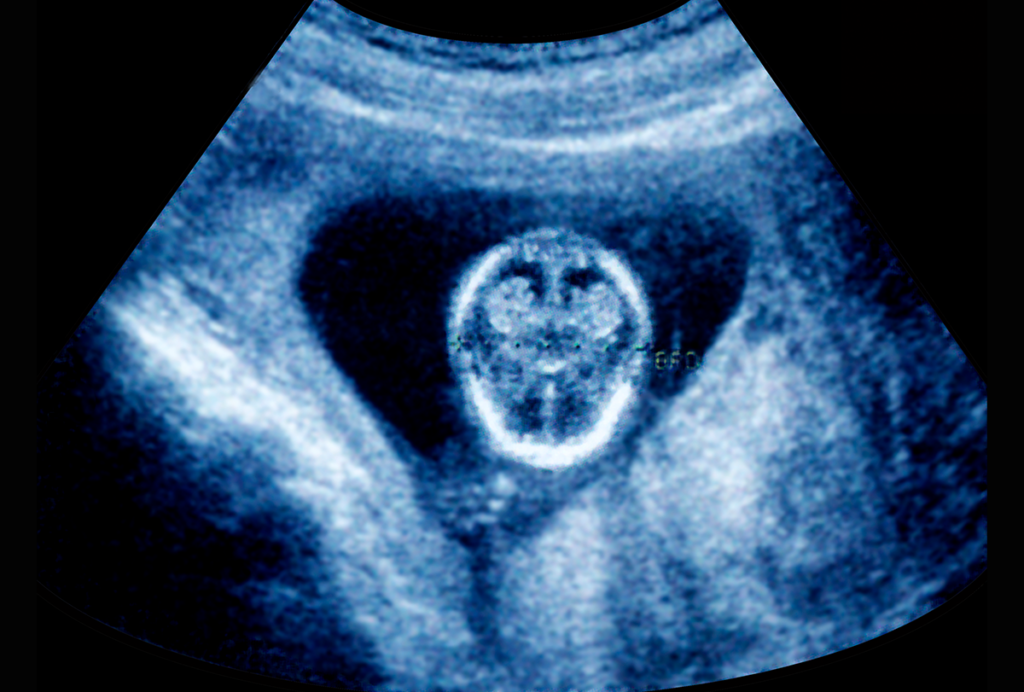
Gene-activity map of developing brain reveals new clues about autism’s sex bias
Boys and girls may be vulnerable to different genetic changes, which could help explain why the condition is more common in boys despite linked variants appearing more often in girls.
ABCD Study omits gender-identity data from latest release
The removal counteracts the goals of the longitudinal study by “pretending that some aspects of adolescent brain development don’t exist,” says sex differences researcher Nicola Grissom.
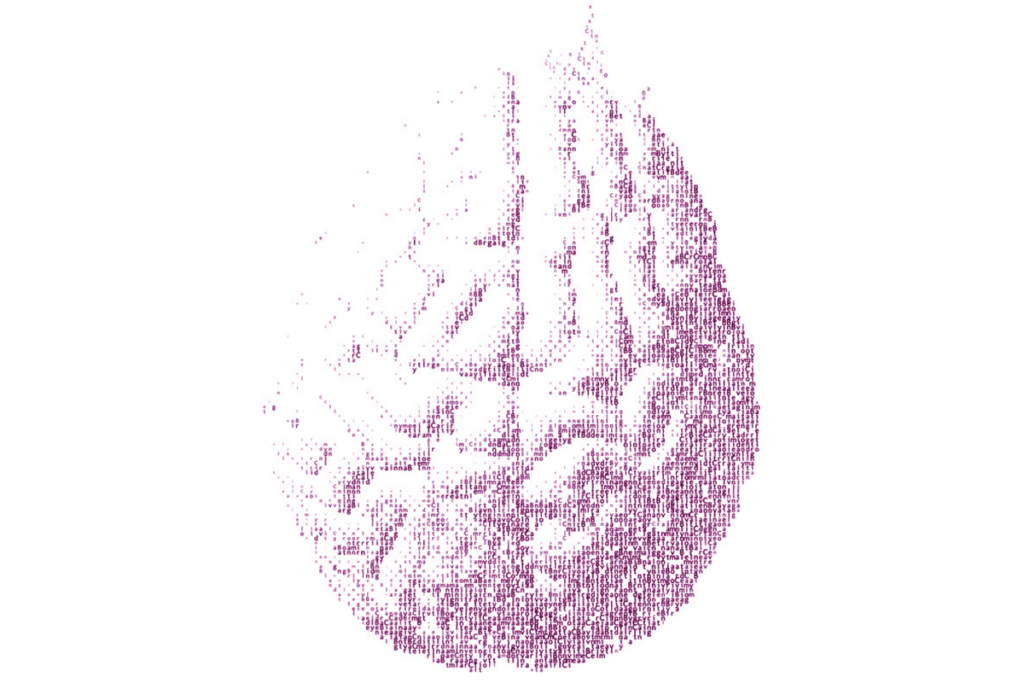
ABCD Study omits gender-identity data from latest release
The removal counteracts the goals of the longitudinal study by “pretending that some aspects of adolescent brain development don’t exist,” says sex differences researcher Nicola Grissom.
What birds can teach us about the ‘biological truth’ of sex
Part of our job as educators is to give students a deeper understanding of the true diversity of sex and gender in the natural world.

What birds can teach us about the ‘biological truth’ of sex
Part of our job as educators is to give students a deeper understanding of the true diversity of sex and gender in the natural world.
Keep sex as a biological variable: Don’t let NIH upheaval turn back the clock on scientific rigor
Even in the absence of any formal instruction to do so, we should continue to hold our ourselves and our neuroscience colleagues accountable for SABV practices.
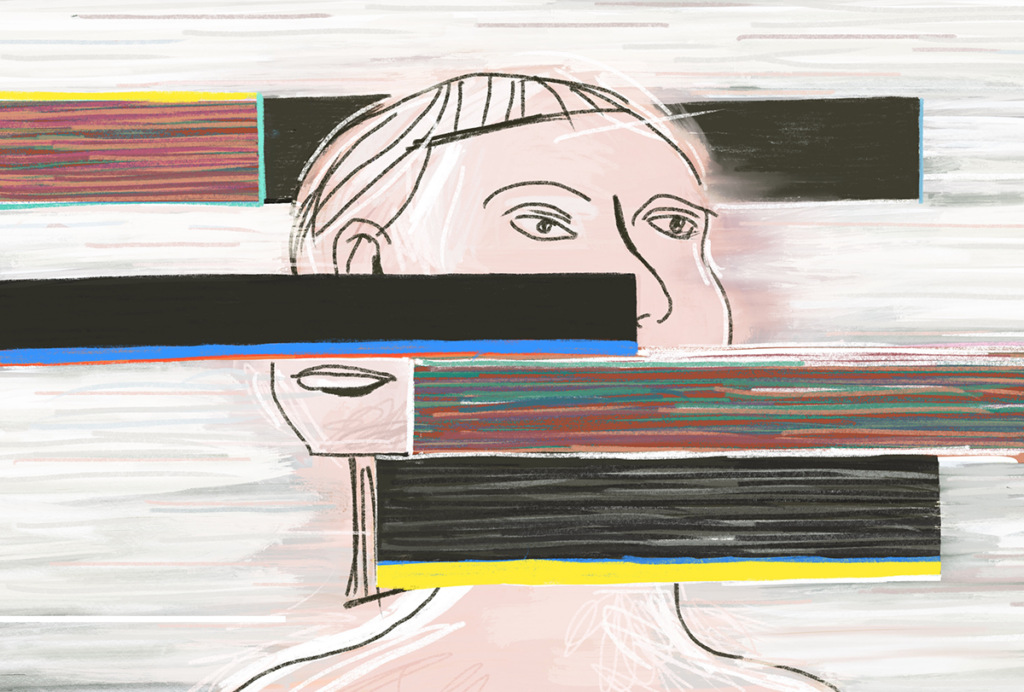
Keep sex as a biological variable: Don’t let NIH upheaval turn back the clock on scientific rigor
Even in the absence of any formal instruction to do so, we should continue to hold our ourselves and our neuroscience colleagues accountable for SABV practices.
Revisiting sex and gender in the brain
To conduct scientifically accurate and socially responsible research, it is useful to think of “sex” as a complex, multifactorial and context-dependent variable.

Revisiting sex and gender in the brain
To conduct scientifically accurate and socially responsible research, it is useful to think of “sex” as a complex, multifactorial and context-dependent variable.
Males and females show different patterns of risk for brain-based conditions. Ignoring these differences does us all a disservice.
Although studying sex differences in the brain is complex, technically awkward and socioculturally loaded, it is absolutely essential.
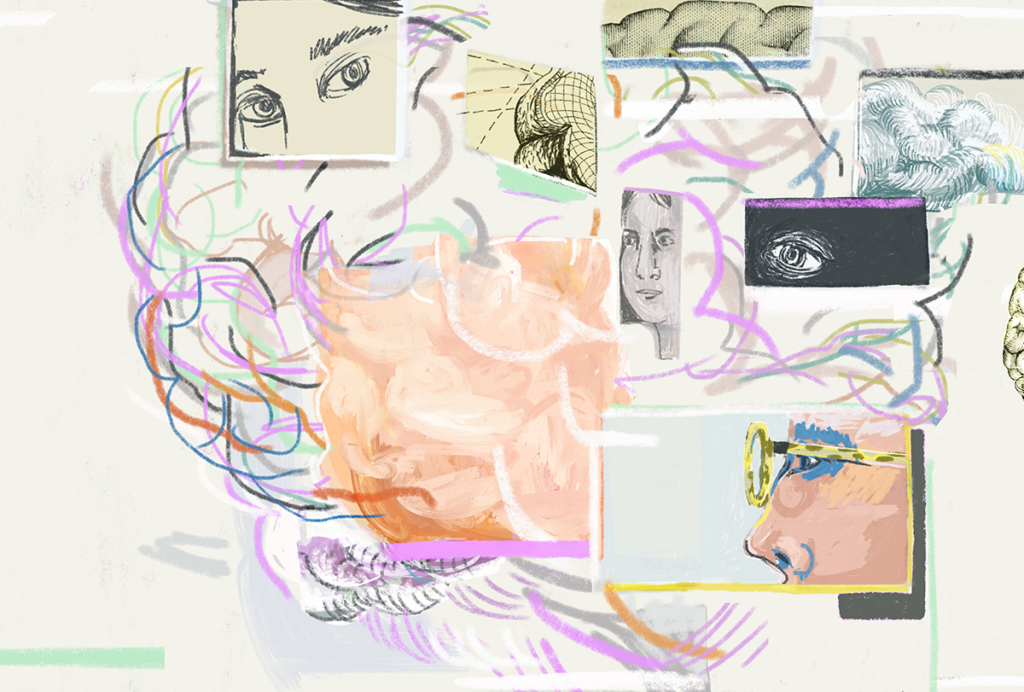
Males and females show different patterns of risk for brain-based conditions. Ignoring these differences does us all a disservice.
Although studying sex differences in the brain is complex, technically awkward and socioculturally loaded, it is absolutely essential.
Extra Y chromosomes are linked to autism
Data from people with more or fewer than two sex chromosomes could help answer questions around genetic protection and vulnerability.
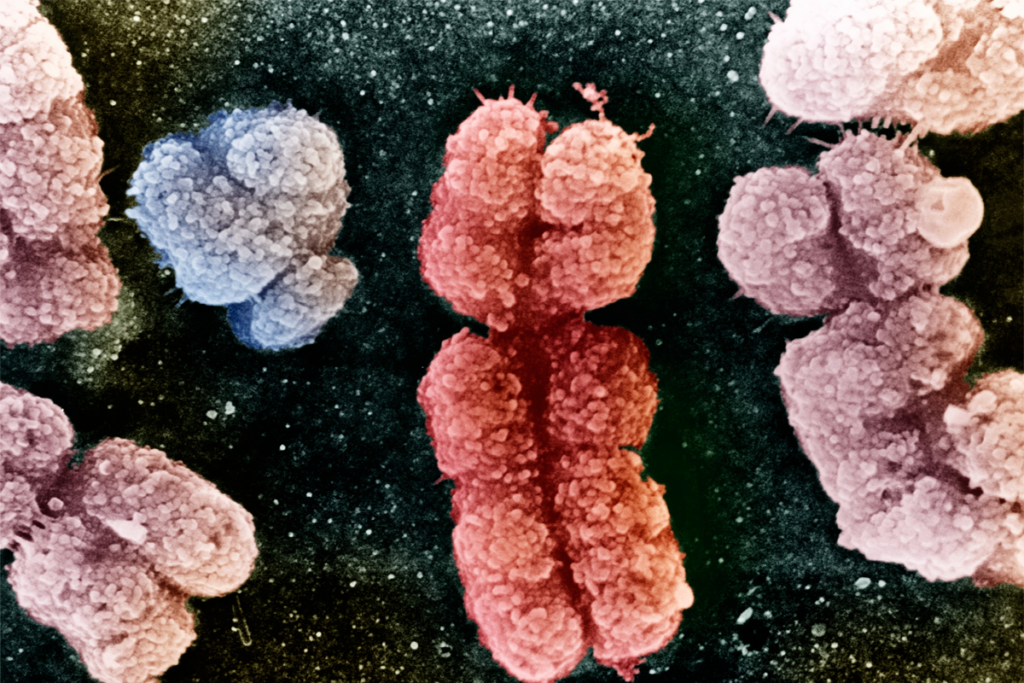
Extra Y chromosomes are linked to autism
Data from people with more or fewer than two sex chromosomes could help answer questions around genetic protection and vulnerability.
Autism is more heritable in boys than in girls
If boys have greater inherited liability for autism, the female protective effect may not fully explain the sex difference in prevalence.
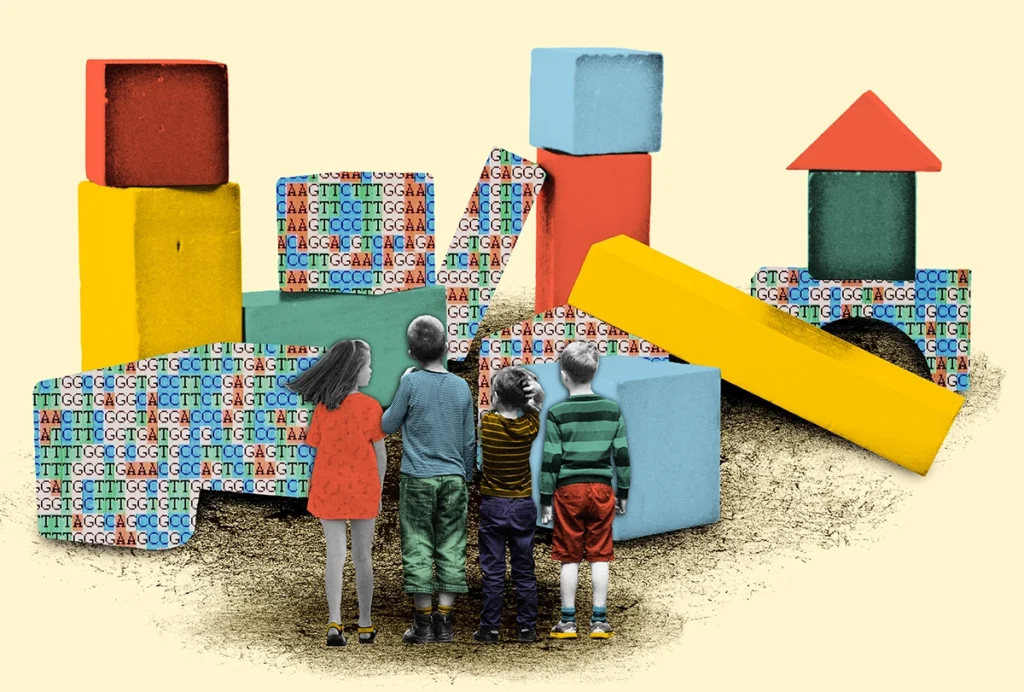
Autism is more heritable in boys than in girls
If boys have greater inherited liability for autism, the female protective effect may not fully explain the sex difference in prevalence.
Accounting for a mosaic of sex differences: Q&A with Nicola Grissom
Breaking the binary view of sex traits can enable researchers to represent the broader complexity of behavior and cognition.

Accounting for a mosaic of sex differences: Q&A with Nicola Grissom
Breaking the binary view of sex traits can enable researchers to represent the broader complexity of behavior and cognition.
Explore more from The Transmitter
Lack of reviewers threatens robustness of neuroscience literature
Simple math suggests that small groups of scientists can significantly bias peer review.

Lack of reviewers threatens robustness of neuroscience literature
Simple math suggests that small groups of scientists can significantly bias peer review.
Dendrites help neuroscientists see the forest for the trees
Dendritic arbors provide just the right scale to study how individual neurons reciprocally interact with their broader circuitry—and are our best bet to bridge cellular and systems neuroscience.

Dendrites help neuroscientists see the forest for the trees
Dendritic arbors provide just the right scale to study how individual neurons reciprocally interact with their broader circuitry—and are our best bet to bridge cellular and systems neuroscience.
Two primate centers drop ‘primate’ from their name
The Washington and Tulane National Biomedical Research Centers—formerly called National Primate Research Centers—say they made the change to better reflect the breadth of research performed at the centers.

Two primate centers drop ‘primate’ from their name
The Washington and Tulane National Biomedical Research Centers—formerly called National Primate Research Centers—say they made the change to better reflect the breadth of research performed at the centers.